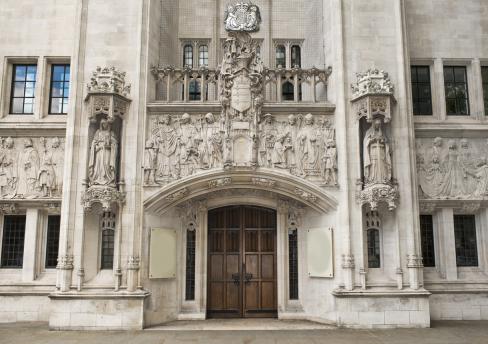
We are often asked to advise clients on the process of challenging a will. The decision to formally challenge a will is almost always difficult, during an already difficult time. Nevertheless, if you are of the view that there is something improper about the will then a court action is the way to rectify that impropriety, and to ensure the deceased's wishes are honoured.
The grounds for challenging a will
The main grounds for challenging a will are set out below. In each case the will is challenged by raising a court action for reduction (overturning) of the will.
- The deceased did not have capacity to execute the will.
For a will (or other testamentary writing) to be valid it is essential that the testator has the capacity to understand its nature and effect. If the deceased did not have capacity when the will was signed then it can be challenged.
For the court action to succeed it must be proved (on the balance of probabilities) that the deceased did not have capacity to make the will. That is done by leading evidence of the deceased's lack of capacity. Often the kind of evidence required is evidence from the deceased's friends and family of their mental state at the time the will was signed and evidence of medical professionals involved with the deceased. The evidence of the person who witnessed the deceased signing the will (if the will was signed) is of particular value. It is important to note that a court will consider the deceased's capacity at the time the will was made. It is possible to have intermittent incapacity. If it can be proven that the deceased did not have capacity to make the will then it will be reduced (overturned).
- Undue influence was placed upon the deceased to make the will
A will is not valid if undue influence was placed on the deceased to sign in. Examples of undue influence are: a dominating person in a position of trust pressuring the deceased to sign the will; someone coercing the deceased to sign the will; or someone using fraud to influence the deceased to sign the will.
The deceased having been put under pressure to make the will is not, on its own, grounds for challenging the will. That pressure has to have been such that the deceased would not have made the will without the influence exerted on them. Evidence of the influence will have to be lead in court.
- The deceased had a mental weakness and was influenced to make the will
This ground is a legal concept known as 'facility and circumvention'. It is similar to undue influence except the deceased must have also had a mental weakness or vulnerability which, although not so great as to render them lacking in capacity, left them more vulnerable to influence. In addition to this weakness (known as facility) there must also have been a deception or influence (known as circumvention).
The effect of the reduction of a will
If one of these factors can be proven then the court will issue an order reducing (overturning) the will. If the deceased had an earlier will then the court order revives that earlier will. If the deceased did not have an earlier will then their estate will be intestate and will be distributed in accordance with the Scottish rules of intestacy.
To find out more about how we can assist you please read our What to Do When Someone Dies and Wills dedicated pages.
The content of this webpage is for information only and is not intended to be construed as legal advice and should not be treated as a substitute for specific advice. Morton Fraser LLP accepts no responsibility for the content of any third party website to which this webpage refers. Morton Fraser LLP is authorised and regulated by the Financial Conduct Authority.









